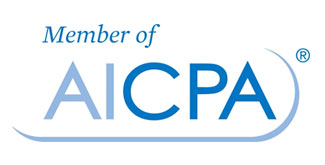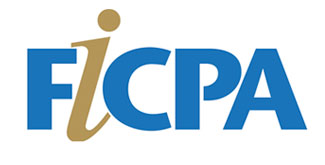The IRS has announced that victims of Hurricane Irma in certain counties of Florida have more time to make tax payments and file returns. Certain other time-sensitive acts also are postponed. We are summarizing some of the relief that’s available for Florida areas affected by storms, floods and other disasters in 2017.
Who qualifies for relief
Only taxpayers considered to be affected taxpayers are eligible for the postponement of time to file returns, pay taxes, and perform other time-sensitive acts. Affected taxpayers include:
- Any individual whose principal residence, and any business entity whose principal place of business, is located in the counties designated as disaster areas;
- Any individual who is a relief worker assisting in a covered disaster area, regardless of whether he is affiliated with recognized government or philanthropic organizations;
- Any individual whose principal residence, and any business entity whose principal place of business, is not located in a covered disaster area, but whose records necessary to meet a filing or payment deadline are maintained in a covered disaster area;
- Any estate or trust that has tax records necessary to meet a filing or payment deadline in a covered disaster area; and
- Any spouse of an affected taxpayer, solely with regard to a joint return of the husband and wife.
What tax filings and tax payments may be postponed
The relief package gives affected taxpayers until the extended date (specified by county, below) to file most tax returns, or to make tax payments, including estimated tax payments, that have either an original or extended due date falling on or after the onset date of the disaster (specified by county, below), and on or before the extended date.
The relief package also gives affected taxpayers until the extended date to perform certain time-sensitive actions, that are due to be performed on or after the onset date of the disaster, and on or before the extended date.
Affected areas and dates for storms, floods and other disasters occurring in 2017 that are federal disaster areas qualifying for individual assistance are as follows:
For Florida
The following Florida counties are federal disaster areas qualifying for individual assistance on account of Hurricane Irma that took place beginning on Sept. 4, 2017: Broward, Charlotte, Clay, Collier, Duval, Flagler, Hillsborough, Lee, Manatee, Miami-Dade, Monroe, Palm Beach, Pinellas, Putnam, Sarasota, and St. Johns counties. More counties may be added as determined by the Federal government.
For these Florida counties, the extended date is Jan. 31, 2018 for the following filing and payments:
- 2016 income tax returns for which taxpayers obtained a valid extension to file by October 16, 2017;
- the quarterly estimated income tax payments originally due on September 15, 2017 and January 16, 2018;
- the quarterly payroll and excise tax returns normally due on October 31, 2017;
- and returns of tax-exempt organizations that operate on a calendar-year basis and had an automatic extension due to run out on November 15, 2017.
We will continue to post more tax relief tips and information in future posts.


